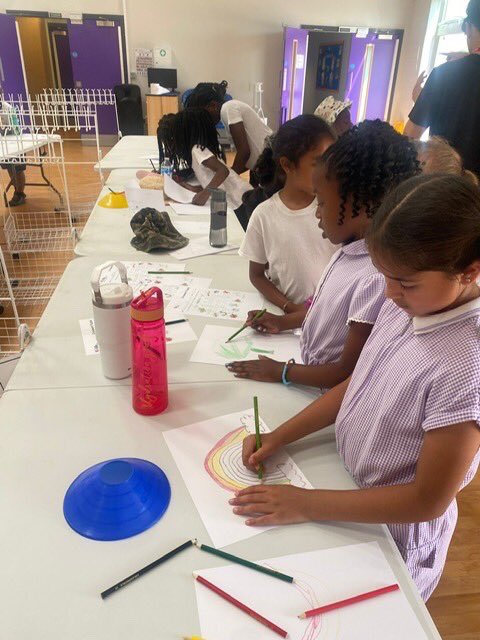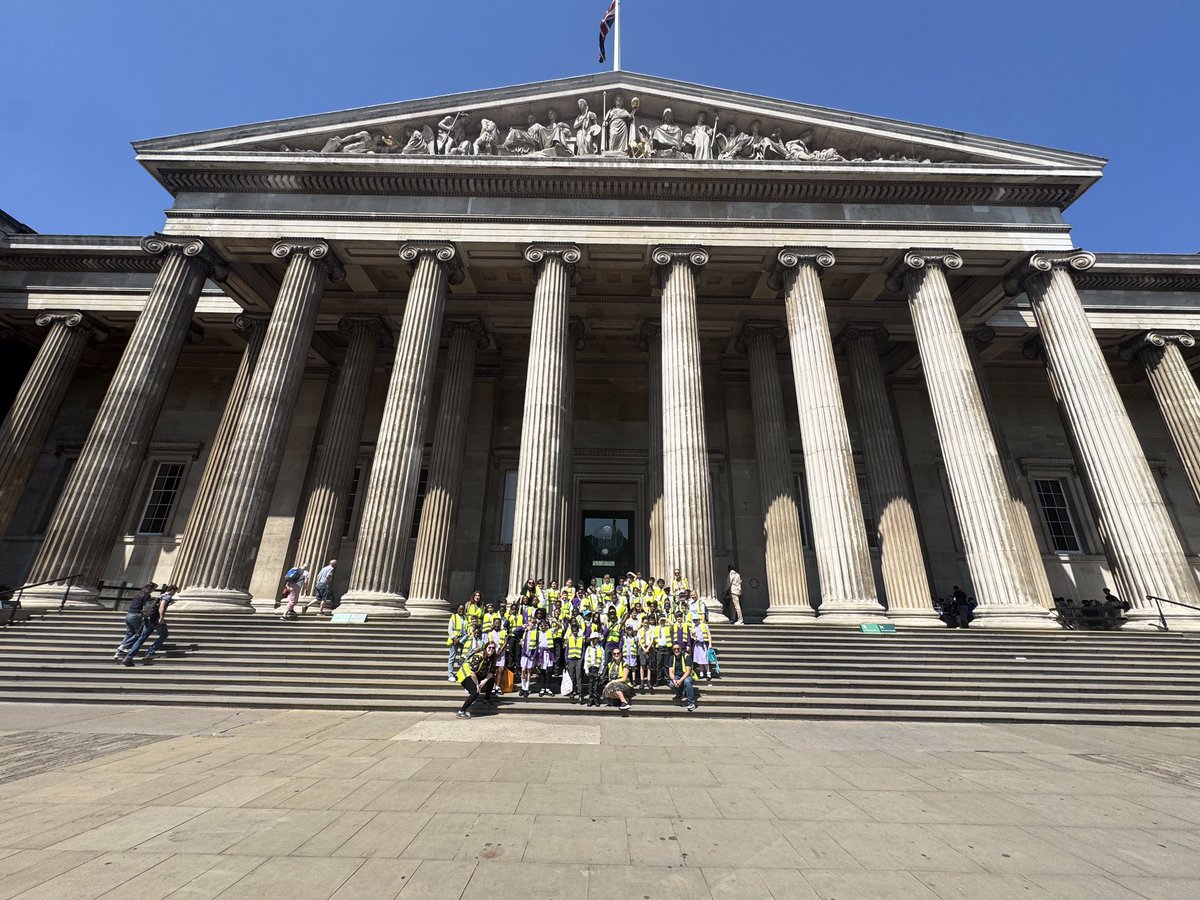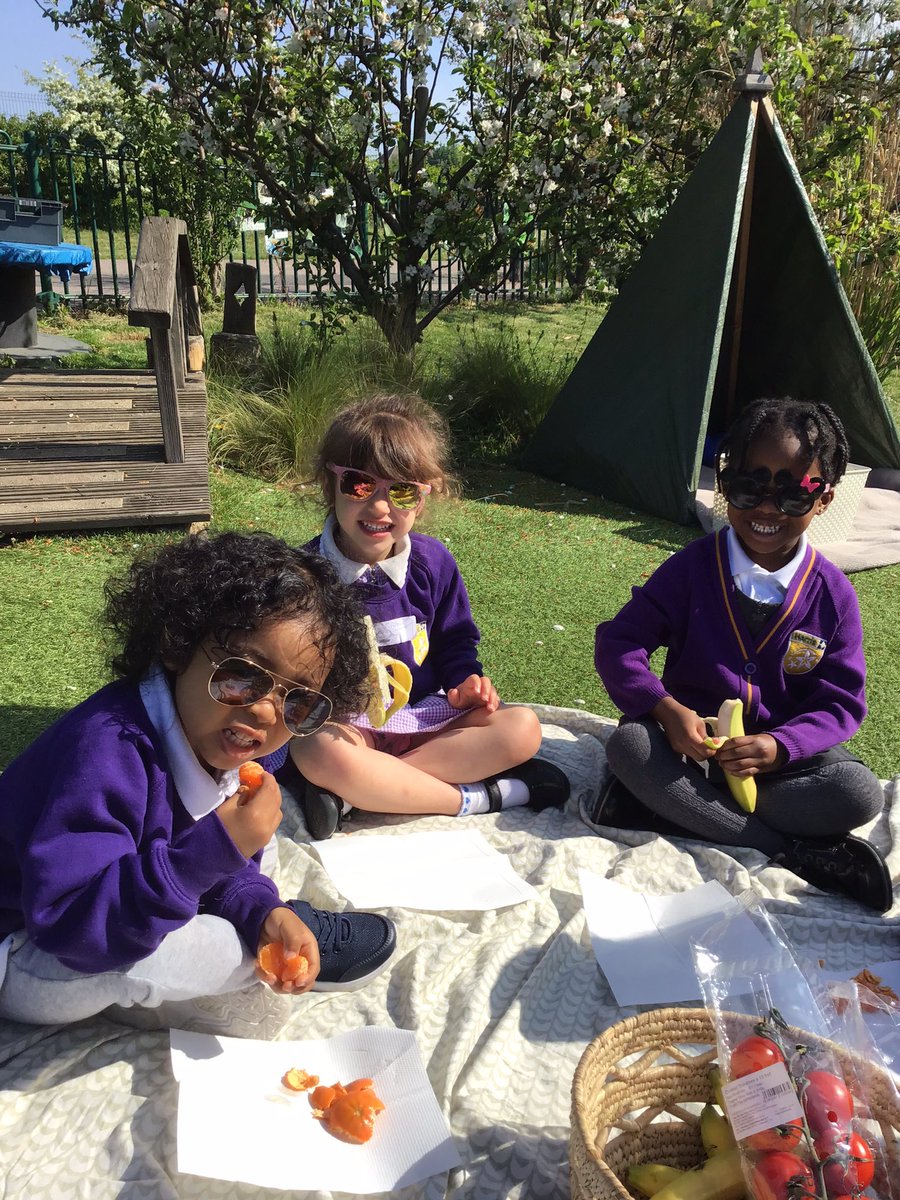R.E.
Harris Primary Academy Mayflower RE Intent Statement
The purpose of this document is to clarify the how, why, and what of RE teaching at Harris Primary Academy Mayflower. This is to be used by staff to clarify expectations, highlight the resources that we have at our disposal, and to ensure that a high-quality RE curriculum is being taught to all.
Intent: Introduction, Vision and Philosophy.
Religious Education is complex, multifaceted, and multi-disciplinary. It encompasses historical understandings of how worldviews have developed and changed, linguistic interpretations of sacred texts, sociological views, theological discussions and philosophical reasoning. It is also deeply personal and sensitive, in a way that few other subjects are.
Alongside substantive and disciplinary knowledge, children will also develop their own personal understandings and knowledge; this makes RE unique amongst our Primary subjects. Ours is an ambitiously formed Curriculum, designed to give children the substantive and disciplinary knowledge and skills to be able to thoughtfully develop this personal understanding, and to begin to think about some of the greatest questions we ask ourselves as humans; What is the meaning of life? What makes something right or wrong? What happens when we die?
Our curriculum will enable children to use the lenses of theology, philosophy and sociology to explore and understand religious and non-religious worldviews. We want to be able to challenge misconceptions and enable children to use and develop their own personal knowledge. At Mayflower, we want children to be able to respectfully, and critically, understand and learn about different worldviews, and how these impact their own lives, to prepare them for the future.
Our RE curriculum aims to provide children with knowledge and skills in 3 areas: Social Sciences, Theology and Philosophy.
Types of Knowledge
This course has been designed to develop students’ substantive, disciplinary and personal knowledge:
Substantive knowledge i.e. knowledge about various religious and non-religious traditions
- different ways that people express religion and non-religion in their lives, including diverse lived experiences and the complexity of the fluid boundaries between different traditions.
- knowledge about artefacts and texts associated with different religious and non-religious traditions.
- concepts that relate to religious and non-religious traditions.
- the very concepts of ‘religion’ and ‘non-religion’ and debates around these ideas.
Disciplinary knowledge i.e. pupils learn ‘how to know’ about religion and non-religion
- Theology (T) – this can be referred to as ‘thinking through believing’. It is about asking questions that believers would ask. It requires pupils to think like theologians, or to look at concepts through a theological lens. Pupils will explore questions and answers that arise from inside religions and worldviews.
- Philosophy (P) – this can be referred to as ‘thinking through thinking’. It is about asking questions that thinkers would ask. It requires pupils to think like philosophers, or to look at concepts through a philosophical lens. Pupils will explore questions and answers raised through considering the nature of knowledge, existence and morality.
- Social Sciences (SS) – this can be referred to as ‘thinking through living’. It is about asking questions that people who study lived reality or phenomena would ask. It requires pupils to think like human and social scientists, or to look at concepts through a human/social science lens. Pupils will explore questions and answers raised in relation to the impact of religions and worldviews on people and their lives.
Personal knowledge i.e. pupils build an awareness of their own presuppositions and values about the religious and non-religious traditions they study
- Pupils learn all content from their personal position which has been shaped by their individual experiences, values and sense of identity.
- Pupils should know that this personal knowledge means they bring assumptions to learning about religious and non-religious traditions.
- Pupils build personal knowledge through learning about rich substantive content which links the ‘life worlds’ of the religious and non-religious traditions and that of the pupils.
Implementation:
Please note that according to DfE guidance, parents/carers do have a right to request withdrawal from RE teaching. If this is something you want to discuss, please speak to a member of the leadership team.
As an inclusive school, we always want to ensure we are tolerant of the beliefs of others, and we teach RE from a "non-confessional" perspective; this means we educate the children the about what other religions believe, but do not teach them what to believe themselves. This is a personal, and family matter. You are always welcome and free to come in and look through the lesson materials and PowerPoints, so that you can prepare your children beforehand for what they will hear and be taught in a particular lesson.
Impact
Evidence and Assessment
At Mayflower, children have the opportunity to record their learning in a variety of ways, which is recorded within their RE books. Evidence of the learning is dependent on the lesson outcome, year group and the knowledge and skills being developed. This can be in the form of: extended writing, photographs of practical activities, tables and charts, speech bubble comments relating the learning.
The start of every lesson includes a “Knowing More and Remembering More” quiz, where children answer 4 questions based on prior learning; this is an opportunity for children to practise their knowledge, but also for teachers to assess and identify gaps. At the end of the lesson, children then answer a few short summary questions, again, to help ensure learning has happened, and identify any gaps.
At the end of each half-term, children take a short “Low Stakes Test” which is a multiple-choice quiz covering that half-term’s learning. Teachers then use this to inform future planning and learning.
Subject leaders will conduct learning walks and pupil interviews to measure the impact of our teaching, based on how much children can remember.
Subject leaders will meet with their counterparts from our other cluster schools half termly and will moderate the planning, work and monitoring outcomes from their setting to ensure that standards are exceeding the expectations of the National Curriculum.
Curriculum Development:
At Mayflower we follow a Federation scheme of work which has been developed collaboratively with Secondary colleagues, taking into account, and following:
- The (non statutory) Religious Education in English Schools Guidance (https://assets.publishing.service.gov.uk/media/5a7adb3ce5274a34770e7953/DCSF-00114-2010.pdf)
- The Religious Education Council’s National Content Standard https://religiouseducationcouncil.org.uk/resource/national-content-standard-1st-edition-2023/
- The National Statement of Entitlement
- Local SACRE guidance
Ellen Quigley and Natalie Smith Dowrich-
R.E Leaders

























